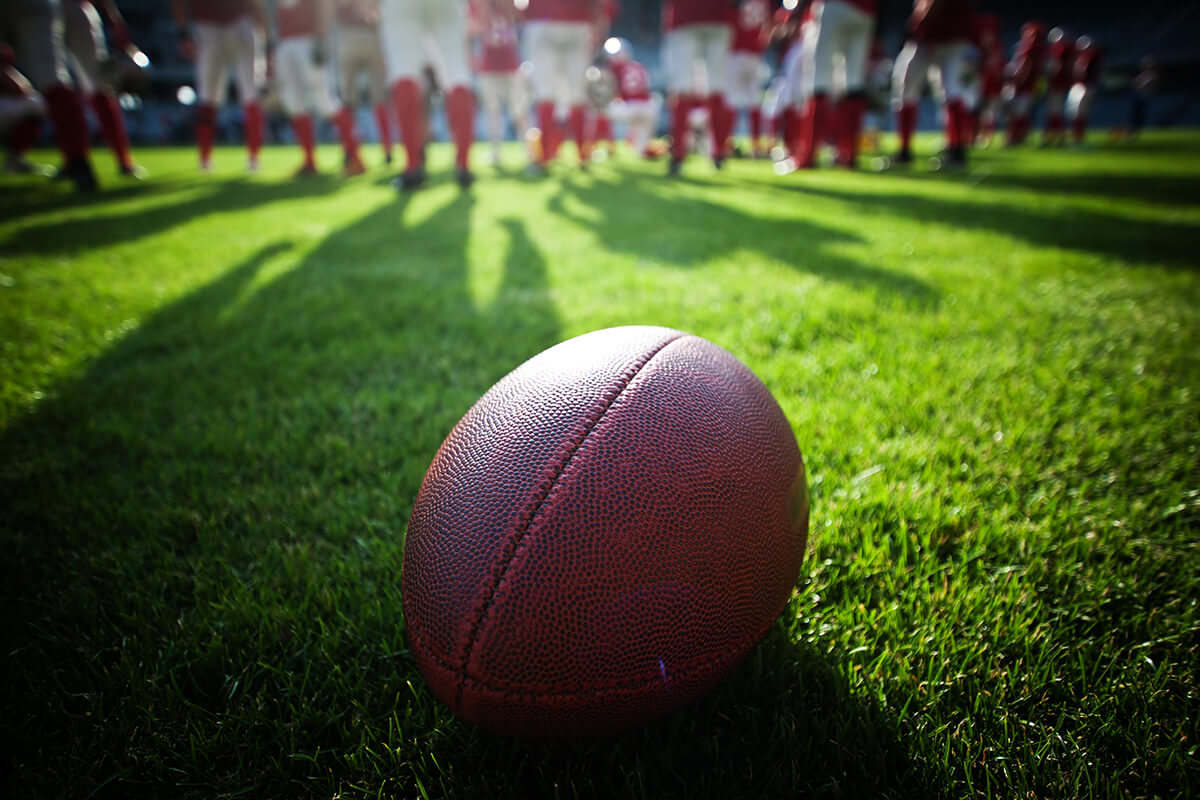The days are getting shorter, the air is getting cooler. Like it or not, autumn is here, and so are fall sports. In a time of rampant irregularity, one of the few traditions to endure has been the seasonal return of American football (so long as the league can stay healthy). For obvious reasons, this season is like no other that has come before it. But for one team in particular, this season is especially different.
The Washington Football Team, previously named the Washington Redskins, has entered the 2020 season without an official name or mascot.
After sponsors and fans pressured the franchise to rebrand itself amid the conversation sparked by the Black Lives Matter movement, team owner Dan Snyder conceded to a rebranding in July. After an internal review of its controversial branding, the organization announced the retirement of the name and logo and declared that it would play as the Washington Football Team for the 2020 season pending the adoption of a new, permanent name.
Many expected a rebranding, but few expected this.
While the retirement of the team name has been received well by most, the decision to use a placeholder has faced backlash from athletes, fans and commentators alike. As far as a brand goes, anything would have been better than this, right? The Washington Football Team? Really?
The truth is, this re-brand (or lack thereof) was actually the best decision Washington could have made, and there’s even a chance it’s here to stay. Here’s why.
An offensive nickname isn’t the only thing Washington must redeem
Branding isn’t just about cosmetics. A strong brand elicits positive memories, emotions, and an association with specific values. For Washington, the rebrand runs deeper than the logo on its helmet.
The Washington Football Team has been involved in numerous controversies in recent years, none greater than a slew of sexual harassment allegations shared in the Washington Post just days after the team announced its placeholder identity. This isn’t the first time the organization has been called out. In 2018, Deadspin.com dropped a story depicting a trip to Costa Rica in 2013 in which Washington cheerleaders were separated from their passports, told to serve as escorts for male sponsors and instructed to participate in a lewd photo shoot.
The franchise has done its best to save face amid these controversies, but if the organization truly wants to reinvent itself, changes need to occur from within. Washington’s workplace culture needs to be reviewed and rebuilt, and that simply cannot happen overnight.
In the meantime, any positive media Washington hopes to gain from a rebrand simply will not occur so long as its recent controversies remain a part of the news cycle. It’s likely that the front office knew the Washington Post story was approaching and knew that any good faith to be gained from a rebrand would be undone the moment the story was published. It doesn’t matter how good your logo looks or name sounds; the values your organization is associated with will always carry greater weight.
And then there’s politics amid a pandemic
President Trump has already come out in support of the team’s original “Redskins” mascot and admonished the organization for being “politically correct.” If Washington finished its rebrand now, its new name would immediately become polarized via the political news cycle in a particularly contentious election year. What’s more, the threat of COVID-19 is still top of mind for NFL owners and fans. With so much uncertainty around the 2020 season, the last thing Washington needs is for the hype of its first rebranded season to be buried amid pandemic headlines or a league-wide outbreak.
The paths forward
By this time next year, one of two things will have happened. Either the Washington Football Team will have announced a new name and logo, or as owner Dan Snyder recently suggested, it will permanently adopt the name “Washington Football Team.” Either of the paths forward is a win.
If the organization waits until 2021 to rebrand itself, it will have an entire year to test brand options with multiple demographics to ensure its new identity hits all the right notes.
But what if Washington decides to remain the Washington Football Team? If something exceptionally positive happens this season (like a Super Bowl victory), something so impactful that fans are compelled to identify and connect with a name as dry as the “Washington Football Team,” then the situation will have resolved itself. Such a season would do more to earn the goodwill of the public than any logo or mascot ever could.
Without a mascot the team would remain an outlier in the NFL, noticeably different in every way. But for an organization with as troubled a past as this one, different is not a bad thing. Maybe some traditions are best left in the past.








